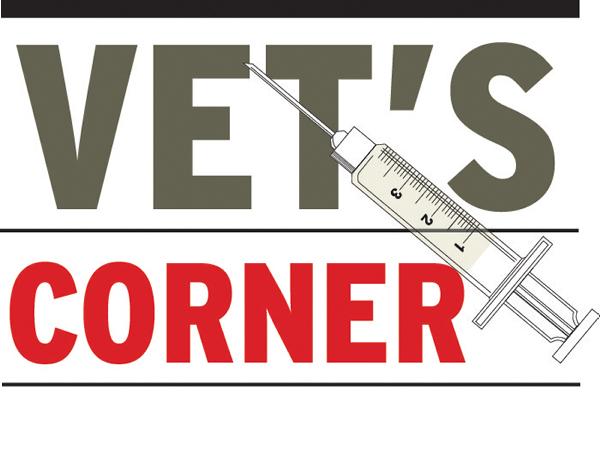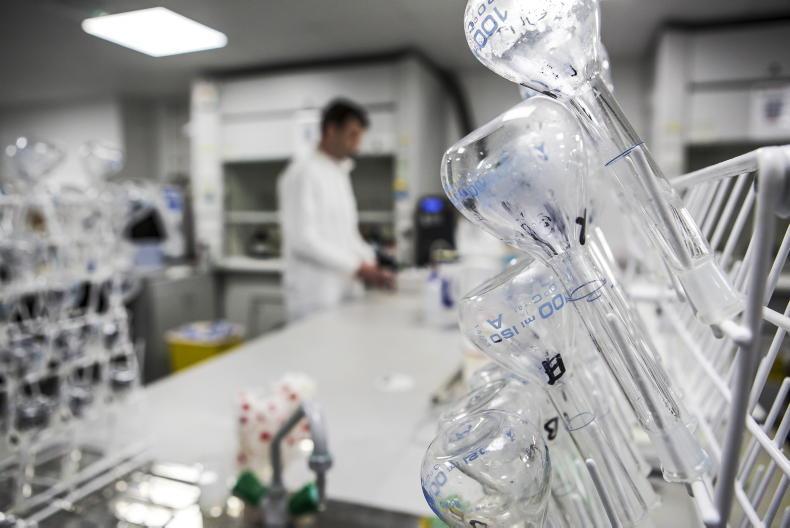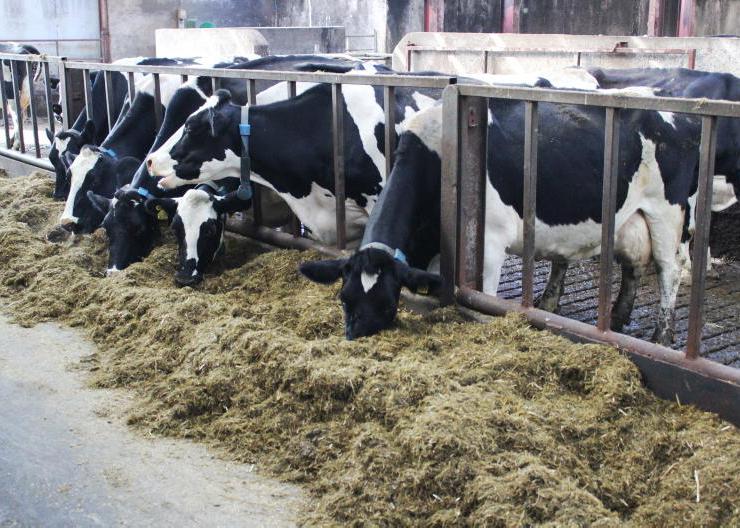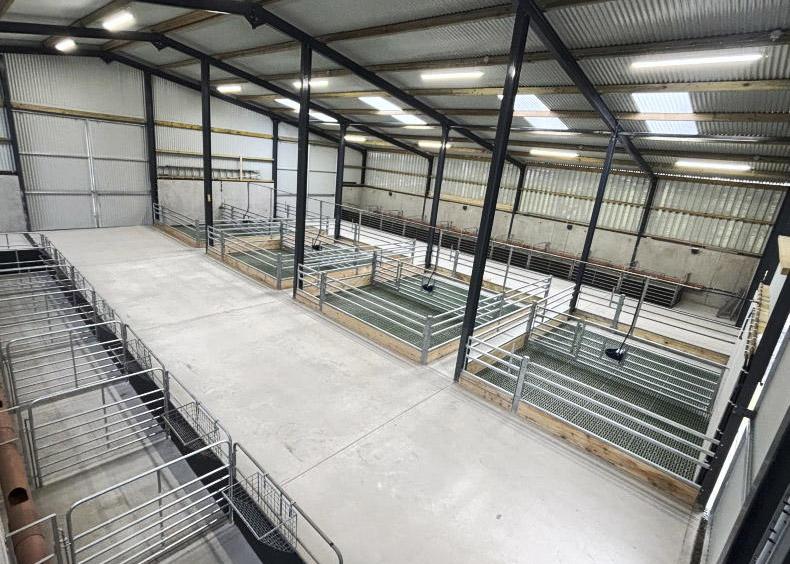Could she have drunk dirty water? I have often been asked that question when examining a sick animal.
I could sometimes reply sarcastically that she never had clean water to drink anyhow.
We are constantly advised to drink at least two litres a day, to keep our system healthy.
We humans have only one stomach and usually don’t produce milk.
Cows have four stomachs and produce large volumes of milk. Lactating dairy cows need 120 litres minimum (that’s over 26 gallons in old money) per day.
Unfortunately, as there are now no streams to drink clean running water from, the cow relies on being supplied from water troughs.
Like people, cows need fresh clean drinking water.
However, from my experience of water troughs, a lot of them I wouldn’t even wash my wellies with the stuff in them.
Many are infrequently emptied or cleaned and have lots of debris from bird droppings, bits of bones, dead birds, vermin or rancid decayed food in them.
Because the water tastes so foul, cows only drink as little as possible.
You will notice this when the cow goes to the trough, takes a few sups and lets some fall from her mouth.
How can you have healthy animals if they get such filthy water to drink?
I see a lot of farm buildings going up these times and I often ask:
How many water troughs are being put in?What type of trough – can they be easily emptied and cleaned?Where will they be in the house? I think it should be the first matter to be looked at and builders don’t seem to have a clue as to how essential those above points are.
Water should be easily accessible to every animal at all times.
This is especially so in a group-calving pen where there should be at least three or more troughs, so the timid cow or first-calving heifer will easily get to the water.
A plentiful supply of clean water could be the best disease preventative on any farm.
Jim Kelleher MVB MRCVS, Cert DHH, works at Riverview Veterinary Group, Bandon, Co Cork. Riverview Veterinary Group is part of XLVets, a group of progressive practices who are working together to achieve a better future for agriculture and veterinary in Ireland. For more, see www.xlvets.ie.
Could she have drunk dirty water? I have often been asked that question when examining a sick animal.
I could sometimes reply sarcastically that she never had clean water to drink anyhow.
We are constantly advised to drink at least two litres a day, to keep our system healthy.
We humans have only one stomach and usually don’t produce milk.
Cows have four stomachs and produce large volumes of milk. Lactating dairy cows need 120 litres minimum (that’s over 26 gallons in old money) per day.
Unfortunately, as there are now no streams to drink clean running water from, the cow relies on being supplied from water troughs.
Like people, cows need fresh clean drinking water.
However, from my experience of water troughs, a lot of them I wouldn’t even wash my wellies with the stuff in them.
Many are infrequently emptied or cleaned and have lots of debris from bird droppings, bits of bones, dead birds, vermin or rancid decayed food in them.
Because the water tastes so foul, cows only drink as little as possible.
You will notice this when the cow goes to the trough, takes a few sups and lets some fall from her mouth.
How can you have healthy animals if they get such filthy water to drink?
I see a lot of farm buildings going up these times and I often ask:
How many water troughs are being put in?What type of trough – can they be easily emptied and cleaned?Where will they be in the house? I think it should be the first matter to be looked at and builders don’t seem to have a clue as to how essential those above points are.
Water should be easily accessible to every animal at all times.
This is especially so in a group-calving pen where there should be at least three or more troughs, so the timid cow or first-calving heifer will easily get to the water.
A plentiful supply of clean water could be the best disease preventative on any farm.
Jim Kelleher MVB MRCVS, Cert DHH, works at Riverview Veterinary Group, Bandon, Co Cork. Riverview Veterinary Group is part of XLVets, a group of progressive practices who are working together to achieve a better future for agriculture and veterinary in Ireland. For more, see www.xlvets.ie.









SHARING OPTIONS